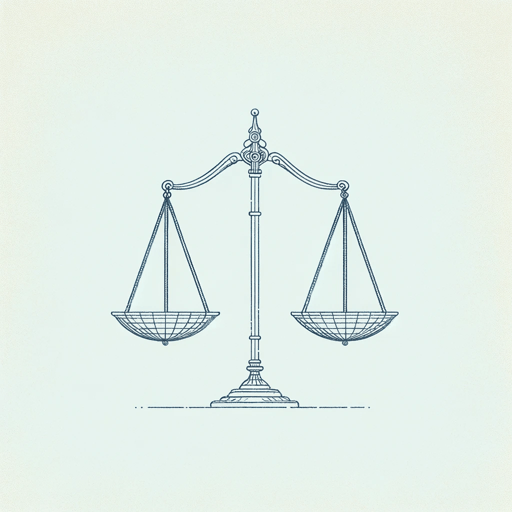48 pages • 1 hour read
William ShakespeareAntony and Cleopatra
Fiction | Play | Adult | Published in 1607A modern alternative to SparkNotes and CliffsNotes, SuperSummary offers high-quality Study Guides with detailed chapter summaries and analysis of major themes, characters, and more.
Symbols & Motifs
Divination
The motif of divination appears throughout Antony and Cleopatra, hinting that Antony is destined to be defeated by Caesar despite his superior skill in military command. Egyptian soothsayers appear in Cleopatra’s court and one accompanies Antony on his return to Rome, repeatedly predicting that Caesar is fated to have better luck. He warns, “If thou dost play with him at any game / Thou art sure to lose; and of that natural luck / He beats thee ’gainst the odds” (2.3.30-33). The soothsayer’s predictions reinforce what the audience would already be aware of in a historical play—that Caesar will become the first Emperor of Rome and defeat Caesar. Divination is therefore a way for William Shakespeare to increase the sense of dramatic irony.
Shakespeare plays with the question of whether divination is supernatural or a form of keen scientific observation. The Egyptian soothsayer describes his powers by claiming, “In nature’s infinite book of secrecy / A little I can read” (1.2.9-10). This affiliates divination with being able to “read” and properly interpret signs in the material world, rather than communication with a deity. Similarly, Roman divination, often called augury, used the movements of birds to predict future events.
Related Titles
By William Shakespeare

All's Well That Ends Well
William Shakespeare

A Midsummer Night's Dream
William Shakespeare

As You Like It
William Shakespeare

Coriolanus
William Shakespeare

Cymbeline
William Shakespeare

Hamlet
William Shakespeare

Henry IV, Part 1
William Shakespeare

Henry IV, Part 2
William Shakespeare

Henry V
William Shakespeare

Henry VIII
William Shakespeare

Henry VI, Part 1
William Shakespeare

Henry VI, Part 3
William Shakespeare

Julius Caesar
William Shakespeare

King John
William Shakespeare

King Lear
William Shakespeare

Love's Labour's Lost
William Shakespeare

Macbeth
William Shakespeare

Measure For Measure
William Shakespeare

Much Ado About Nothing
William Shakespeare

Othello
William Shakespeare

